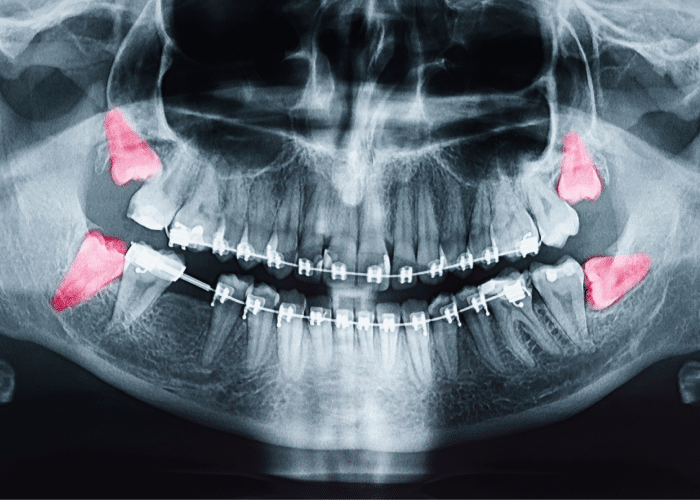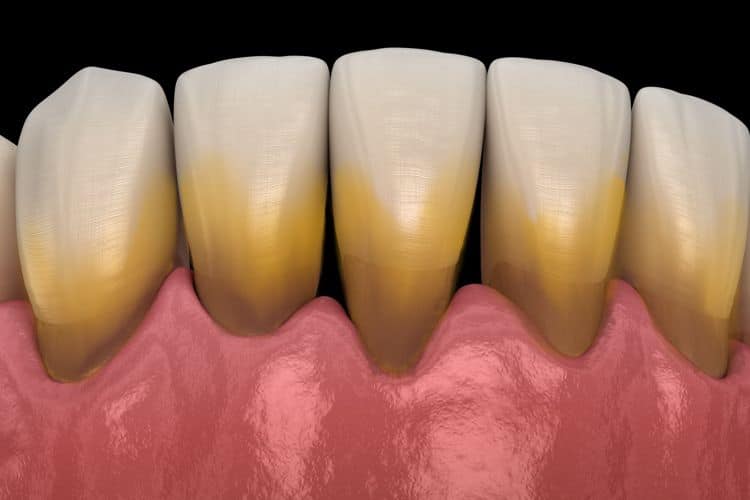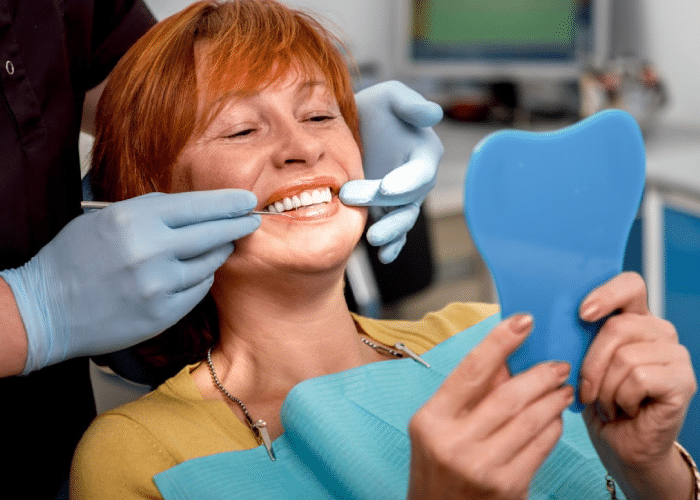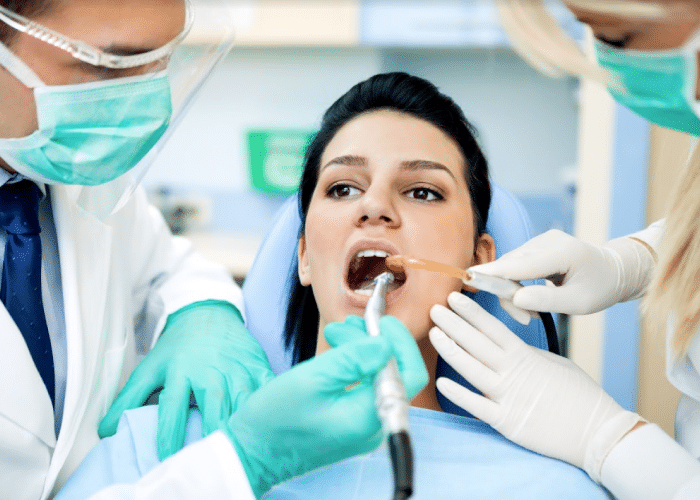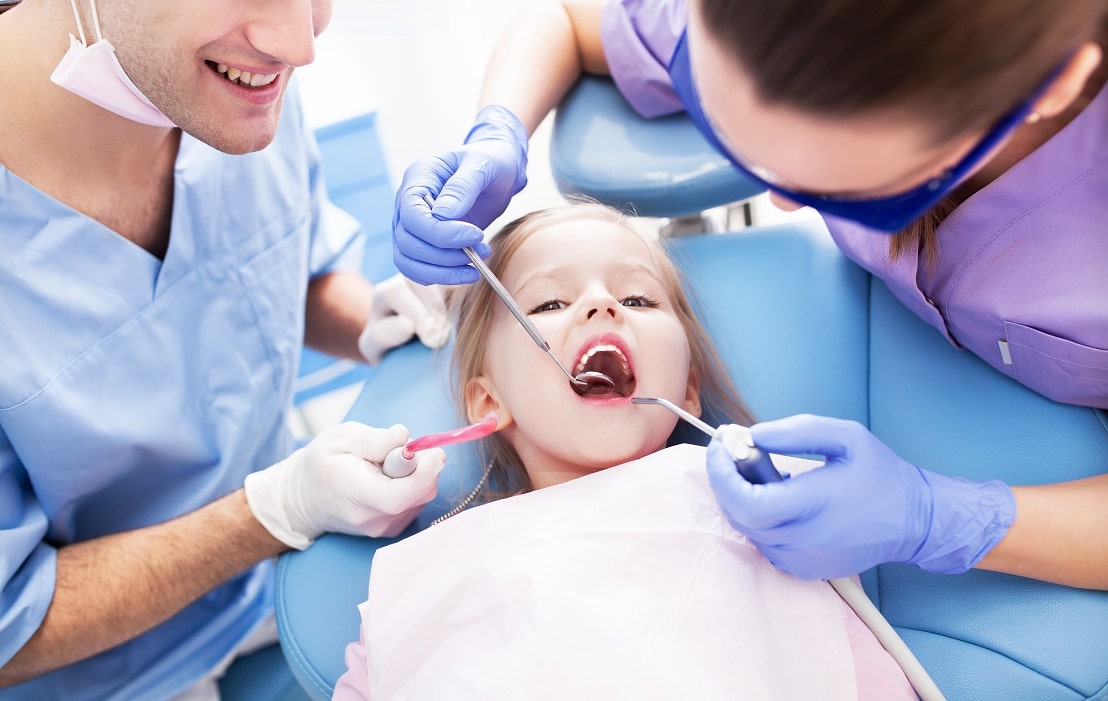Diabetes is a medical condition that causes the body to not produce or use insulin or blood sugar properly. Diabetes often affects other parts of our body such as our mouths and this relationship often results in gum disease as explained below.
Key takeaways:
- Diabetes encourages the growth of harmful bacteria in the mouth which often results in gum disease.
- High blood sugar can make gum infection harder to treat.
- Diabetes can also cause dry mouth which often leads to gum disease.
Brush and floss your teeth twice a day and visit your dentist regularly.
Read more at
https://yourdentalhealthresource.com/is-diabetes-linked-to-periodontal-disease/

